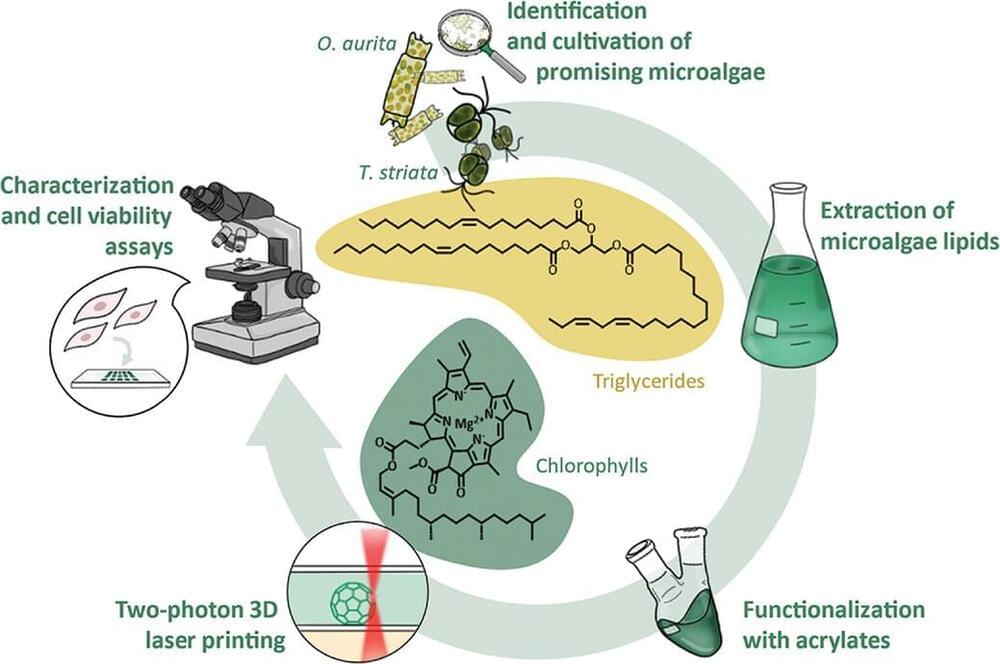Get the latest international news and world events from around the world.

YouTube Now Lets You Remove AI Content That Copies Your Looks or Voice
Back in June, YouTube quietly made a subtle but significant policy change that, surprisingly, benefits users by allowing them to remove AI-made videos that simulate their appearance or voice from the platform under YouTube’s privacy request process.
First spotted by TechCrunch, the revised policy encourages affected parties to directly request the removal of AI-generated content on the grounds of privacy concerns and not for being, for example, misleading or fake. YouTube specifies that claims must be made by the affected individual or authorized representatives. Exceptions include parents or legal guardians acting on behalf of minors, legal representatives, and close family members filing on behalf of deceased individuals.
According to the new policy, if a privacy complaint is filed, YouTube will notify the uploader about the potential violation and provide an opportunity to remove or edit the private information within their video. YouTube may, at its own discretion, grant the uploader 48 hours to utilize the Trim or Blur tools available in YouTube Studio and remove parts of the footage from the video. If the uploader chooses to remove the video altogether, the complaint will be closed, but if the potential privacy violation remains within those 48 hours, the YouTube Team will review the complaint.
The Physics Of Associative Memory
Shortform link: https://shortform.com/artemIn this video we will explore the concept of Hopfield networks – a foundational model of associative memory that u…
From Genes To Memes: Philosopher Dan Dennett on the Evolution of Language & AI
I will be on tour of North America, UK & EU talking about my latest book, religion, life on earth and beyond. I will be joined on stage by a range of friends…
Sean Carroll, Daniel Dennett, & Steven Pinker: AI, Parapsychology, Panpsychism, & Physics Violations
Patreon: https://bit.ly/3v8OhY7Sean Carroll is Homewood Professor of Natural Philosophy at Johns Hopkins University and fractal faculty at the Santa Fe Insti…

An inexpensive, easy-to-use method to create solid-state nanopores
SMU and the University of Rhode Island have patented an inexpensive, easy-to-use method to create solid-state nanopores (SSNs), while also making it possible to self-clean blocked nanopores.
The technique called chemically-tuned controlled dielectric breakdown (CT-CDB) addresses two key problems that have kept solid-state nanopores – which are too tiny for the human eye to see – from being used more often to build biosensors that can measure biological and chemical reactions of a given sample.
Biosensors have widespread medical applications, enabling rapid, early and effective disease diagnosis and monitoring.
CNC Dialogues — Georg Northoff & Aldrich Chan: Space, Time, Self & Consciousness
Dr. Georg Northoff is a neuroscientist, psychiatrist, and philosopher holding doctorates in all three disciplines. In this episode, we begin by discussing the self, and consciousness. We then enter into a dialogue about what he terms the world-brain problem, in contrast to the mind-body problem. He shares what he means by the neuroecological approach, why space and time are central to understanding the mind, and how it has foundational implications to diagnosis, treatment and research. We then talk about the practical implications of his viewpoint, for laymen and professionals alike. We follow by pivoting to cover topics such as the importance of philosophy in science, his stance on free will, and a series of rapid fire bonus questions that you don’t want to miss out on. We end on a review of his journey into becoming an MD, Ph.D, his future projects and words of wisdom for anyone listening. I invite you to skip around if you find any of these topics of particular interest to you.
Website: drchancnc.com.
Instagram: @draldrichan.
Guest website: http://www.georgnorthoff.com/
Books:
Reassembling Models of Reality: https://a.co/d/9s6Qu2J
The Spontaneous Brain: https://a.co/d/ewKjT0Y
Daniel Dennett on the Evolution of the Mind, Consciousness and AI
Want to join the debate? Check out the Intelligence Squared website to hear about future live events and podcasts: http://www.intelligencesquared.com.
__________________________
How come there are conscious minds?
How do language and culture evolve?
Should we still teach children things which computers can do better?
Will our smart electronic devices rob us of our intelligence?
Will human intelligence and AI co-evolve?
These are some of the intriguing questions that Daniel Dennett, one of the most influential and provocative thinkers of modern times, sought to answer when he came to the Intelligence Squared stage to discuss his lifetime’s work on the evolution of the human mind. Dennett’s cross-disciplinary approach – encompassing neuroscience, evolutionary biology and artificial intelligence – has been widely acclaimed and helped redefine the role of the philosopher for our age.
In this exclusive event, Dennett explored the major themes of his forthcoming book, ‘From Bacteria to Bach and Back’, including how our minds came into existence, how our brains work, and how ideas are culturally transmitted. He exploded many of the notions we take for granted about how we think – such as the idea of the individual – offering instead a bold new explanation of human consciousness which views it largely as a product of cultural evolution built up over millennia.
Sharing the stage with Dennett were key figures from the next generation of scientists, AI experts, philosophers and artists, with whom he will engage on what it means to be human.
